5 Things That Will Make Your Resolutions Stick
Get results from your resolutions ...
It's that time again! Time to make your New Year's Resolutions. Things we want to achieve, do better, start. However, research tells us that only 8% of people that make resolutions successfully achieve them.
Let's turn that on it's head.
Here is the thing about resolutions - there is a way to make them stick. The trick is making them relevant to who you are and how you live. The way to make your resolutions stick is to:
- base them on who you are and what you value
- integrate them into your existing regime
In order to focus your mind on what you really value, ask yourself these questions and set time aside to write your answers down.
1 What am I grateful for?
2 What am I looking forward to?
The way to help you achieve those things you are looking forward to is to break them down into small steps. Remember that around 80% of our regular day is dominated by a series of habits. The most effective way to create new habits is to create very small steps towards them and slot them into your existing regime. If you want help with this go to BJ Fogg from Stanford University. He turn's theory on it's head and does a free weekly habit changing course www.tinyhabits.com
3 What are the small steps that will help me create those new habits?
Now that you are clearer about who you are and where you are headed identify a stretch target. Something a little further than you have gone before. Choose something you are good at and take it to the next level.
By setting goals we put the brain into it's reward circuitry - where we function more creatively, are better problem solvers and have greater empathy. The brain also responds well to novelty and competition and the stretch target that is achievable (SMART) rings the right bells in the brain.
4 What is an area of strength that I can stretch and get even better at?
If you want to be more productive this year - and most people do, then learn about what makes the brain more productive. The answer, pleasantly is sleep and productivity breaks.
In this article" Why your brain needs more Downtime" www.scientificamerican.com/article/mental-downtime/ you can learn about the wealth of research that reveals how mental breaks increase productivity. Through mental downtime we replenish attention, solidify memories and encourage creativity. In order to sharpen our minds we need to build in naps, walks in nature and peaceful outdoor spaces. Important mental processes happen while we sleep and rest. Our daydreams help us to maintain a narrative and make sense of the world, replenishing our motivation and attention, encouraging creativity and productivity. Working for too long brings diminishing return. Richard Chambers of Melbourne University found that attention and working memory were significantly improved after an intensive mediation course.
The implication for your resolutions is to improve your productivity through using this information about the brains attention and build in breaks.
5 How can I build in productivity breaks? Walks (lunch time or regular walks), naps, meditation, blue screen free time, gardening, exercise, activities to change focus and attention, retreats. Plan how you will build some of these into your routine and give them greater priority in order to help you engage more with life.
This year I am grateful for my local and extended friends and family, for work that has meaning and the success of my new programs in Resilience and Influence Without Authority, getting my new website up and it bringing new work, for getting www.celiamoriartyart.com.au and making some of my paintings into placemats, coasters and cards, for the energy that painting gives me and the wonderful connection of singing.
I'm looking forward to working with some new executive teams, establishing my painting practice and holding my first solo exhibition in a different way, singing more and adding a little to my fitness routine.
What are you grateful for?
